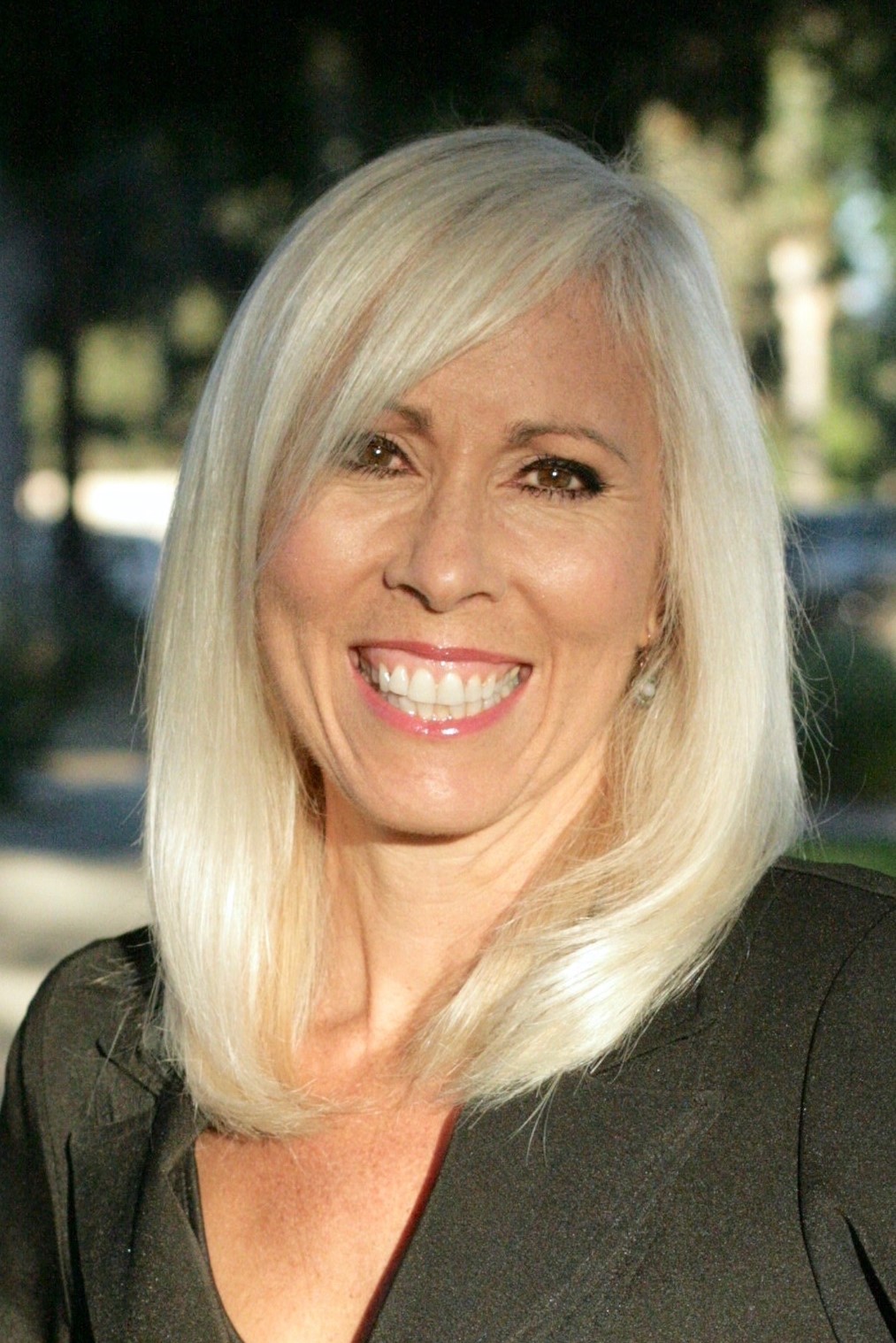

I help people navigate the stress and uncertainty that comes with major life transitions such as relationship change, job loss, midlife, health issues and loss. I use a warm and humanistic approach to explore emotions, identify negative thought patterns, and develop healthy coping skills giving you the confidence and tools you need to manage whatever life throws at you.
What should someone know about working with you?
I’m driven by a desire to help others and make a positive difference in people’s lives. My clients describe me as warm, genuine, compassionate, and nonjudgmental. I listen carefully, and I am sensitive to cultural differences. I specialize in working with adults of all ages, backgrounds, and identities. I use evidence-based therapies and stay on top of new and innovative interventions.
What was your path to becoming a Licensed Professional Clinical Counselor?
I became a therapist later in life after raising three children. I was drawn to therapy after a rocky mid-life, which included a cancer diagnosis. As a cancer survivor today, I understand the stress, fear, sadness, and uncertainty that someone may feel when dealing with a life crisis. My sensitivity and compassion help clients feel safe discussing the most difficult subjects, whether related to health, relationship changes, a new baby, mid-life, an empty nest, or loss. Although life’s difficulties can be excruciatingly painful, they can also be an opportunity for change and growth, if you let them.
–
For more information, please visit www.deannebrowncounseling.com
Short Term (Solution-focused, etc.)
Ideal for those who are coming in with a specific problem they’d like to address and gain clarity on. Typically, short term therapies are present focused and do not dive deep into your past.
Structured
Structured therapies are goal and progress oriented. Therapists may incorporate psychoeducation and a specific “curriculum.” In order to stay on track, therapists may provide worksheets and homework.
Insight-oriented (Psychodynamic, Existential, etc.)
Exploring the past and making connections to present issues can help clients gain insight. Getting to the root of the issue and finding deeper self-awareness can help with long-term change.
Non-directive (Humanistic, Person-centered, etc.)
Going with the flow and seeing where it leads.
Behavioral (CBT, DBT, etc.)
Focuses on changing potentially unhealthy or self-destructive behaviors by addressing problematic thought patterns and specific providing coping skills.
Trauma Focused (EMDR, TF-CBT, etc.)
Recognizing the connection between trauma experiences and your emotional and behavioral responses, trauma focused therapy seeks to help you heal from traumas.